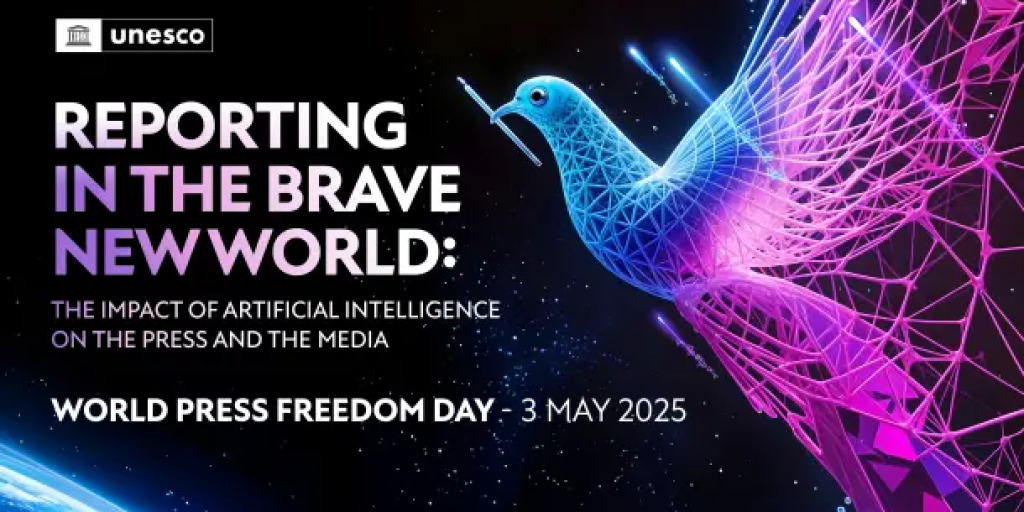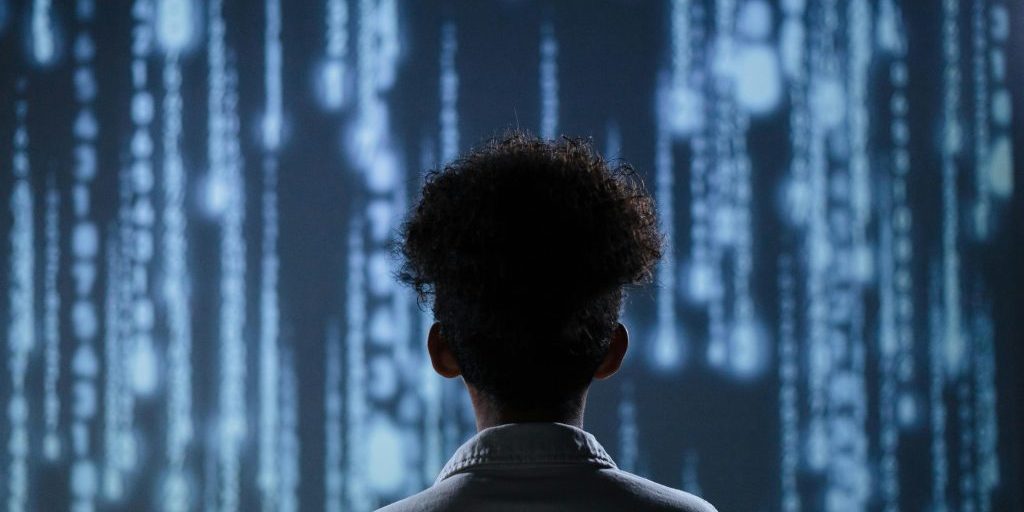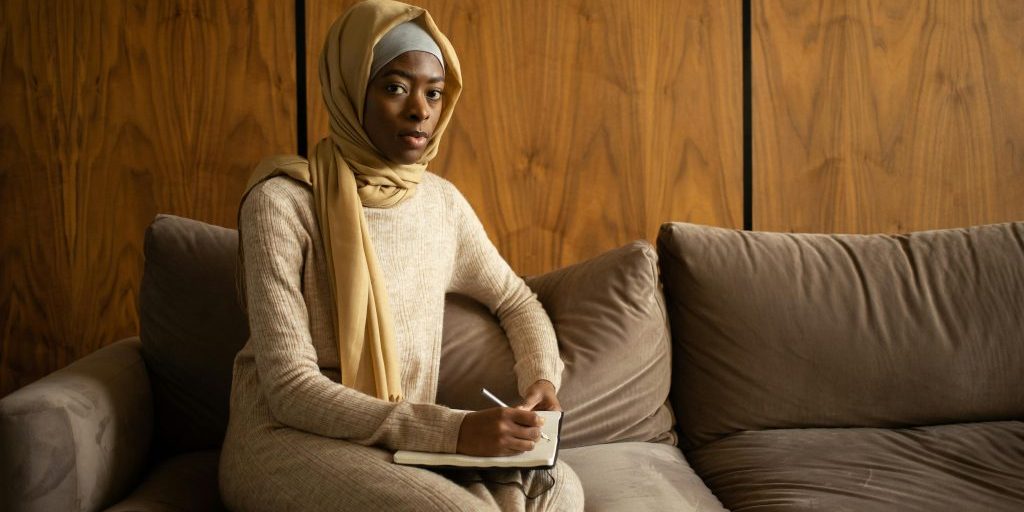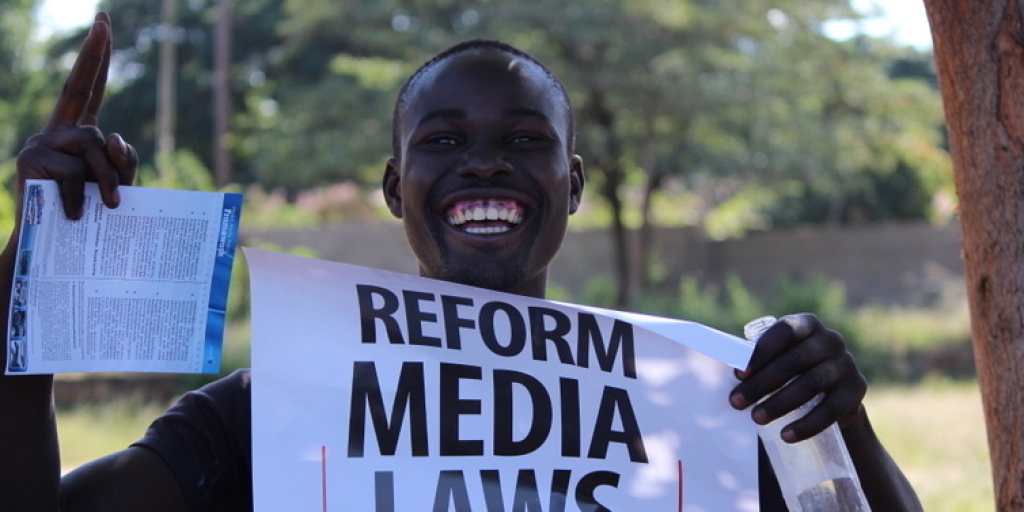Windhoek Declaration to be inscribed in Memory of the World
Every year, 3 May is a date which celebrates the fundamental principles of press freedom, to evaluate press freedom around the world, to defend the media from attacks on their independence and to pay tribute to journalists who have lost their lives in the exercise of their profession.
World Press Freedom Day was proclaimed by the UN General Assembly in 1993 following a Recommendation adopted at the twenty-sixth session of UNESCO’s General Conference 1991. This in turn was a response to a call by African journalists who in 1991 produced the landmark Windhoek Declaration.
Read the Declaration here
This year, the signature event will take place on 7 May at Bozar, Brussels, where, among other events, plenaries on information as a public good in the AI era and the UNESCO/Guillermo Cano World Press Freedom Prize ceremony will be held.
The global commemoration will focus on the profound influence of AI on journalism and media under the theme, ‘Reporting in the Brave New World – The Impact of Artificial Intelligence on Press Freedom and the Media’.
AI is transforming journalism, providing tools that enhance investigative reporting, content creation and fact-checking. It allows for greater efficiency, multilingual accessibility and improved data analysis.
However, these advancements also bring risks: AI-generated misinformation and disinformation, deepfake technology, biased content moderation and surveillance threats to journalists. Additionally, AI’s role in the media business model raises concerns about fair remuneration for journalistic content and media viability.
The events in Brussels will explore these complex issues, bringing together journalists, policymakers, media professionals and civil society actors to ensure AI strengthens, rather than undermines, press freedom and democratic values.
Among the most momentous events will be the Proclamation of the inscription of the Windhoek Declaration in the Memory of the World
Gwen Lister, journalist and publisher, and chair of the 1991 Windhoek Conference, will give the historic context, and then there will be a handover ceremony on the inscription of the Windhoek Declaration by Tawfik Jelassi, UNESCO Assistant Director General for Communication and Information.
Frans Nghitila, Director, Print Media Affairs at the Ministry of Information and Communication Technology of Namibia, will also be present at the occasion, which will be moderated by Annelies Beck (among other, a presenter at VRT, Belgian public broadcasting).
Another special event will be a dialogue on AI and freedom of expression between the Special Mandate-holders
- Irene Khan, United Nations Special Rapporteur on Freedom of Expression
- Pedro Vaca Villareal, Inter-American Commission on Human Rights (IACHR) Special Rapporteur
- Jan Braathu, Organisation for Security and Co-operation in Europe (OSCE) Representative on the Freedom of the Media
- Ourveena Geereesha Topsy-Sonoo, Special Rapporteur on Freedom of Expression and Access to Information in Africa
The moderator will be Quinn McKew, Executive Director, ARTICLE 19




